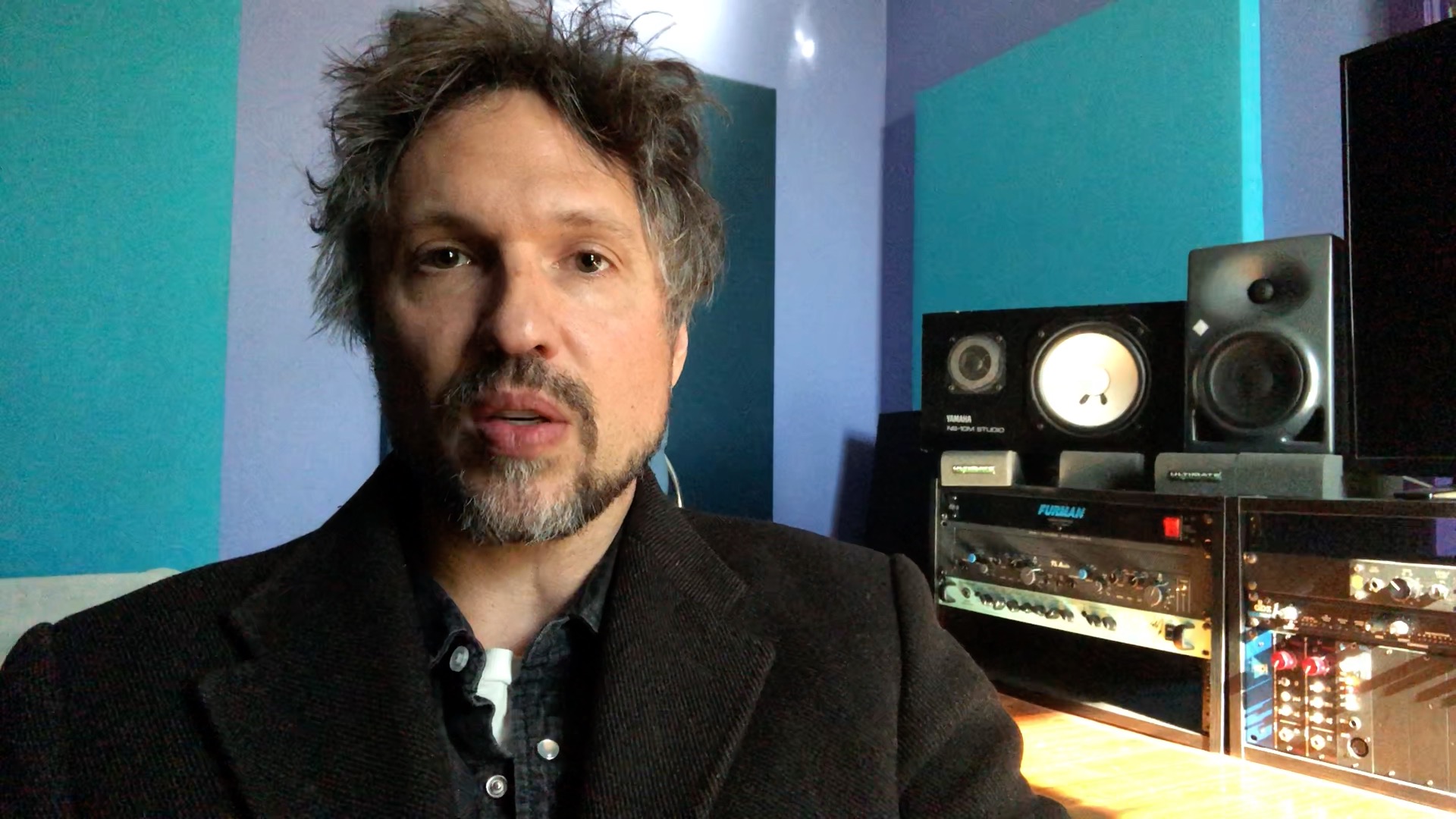A Business Model for Beat Producers
by T. Perry Bowers
I have recentl
y been hired as a consultant for a young beat producer. His parents want me to help him turn his passion for making beats into a real business. I think it’s a great business. There are thousands of rappers and singers out there who need beats.
In our first meeting the young man asked me a very good question. He asked, “How do I compete with beat producers who don’t charge money for their beats?” The answer is: “You don’t compete with them because they will never make any money from any of their beats.”

If you are giving away your beats to rappers or singers there is no way to monetize your beat making skills. Even if you copyright your beats before you give them away you won’t be able to collect the money owed to you if the music becomes a hit.
If the rapper to whom you gave your beat is independent and has no sophisticated business apparatus for his music it’s likely he will be selling his music on iTunes and streams on Spotify. If this rapper sells a hundred thousand downloads on Apple Music he’s put close to a hundred grand in his pocket. If you decide you are going to sue him for your share of the money you’ll need to hire a lawyer. A copyright lawsuit is tedious and lengthy. It will cost you, at a minimum, ten thousand dollars. It might take a few years to get a decision. Then, if you are entitled to some money, how are you going to collect it? The rapper has probably spent all the money he earned. There is no record label backing him up. Even with a settlement the money is gone.
That’s why labels and more sophisticated artists buy their beats. They buy them because they actually want to make money from them. They don’t want to deal with cumbersome lawsuits if their songs are successful.
So how do you monetize your beat making business?
Well, first you need to understand how you will be paid for your beats. If you intend to sell or lease your beats, you can use a website like beatstars.com. They offer a platform where people can listen to samples of beats. If they like them, they can buy or lease them. When an artist buys your beat, there is a contract to sign. This entities the artist to one of several ownership scenarios:
Non-Exclusive Lease – You lease the beat for a period of time (usually a year or less). You can still make money from the beat (meaning you can sell it). Typically artists have an option to renew either exclusively or non-non-exclusively for the period of the lease. This is the least expensive option.
Exclusive Lease – This is the same as the non-exclusive lease, but no one else can use the song during the time when the lease is in effect. This is slightly more expensive than the non-exclusive lease.
Purchase – You sell the beat free and clear. You no longer own it. You may be able to negotiate your right to list your name on the credits, but you might not. Because the beat producer will have no ability to collect royalties or mechanicals after the sale these prices can be quite high. It’s not uncommon for well-known producers to sell their beats for 100K or more.
Beatstars has a great way to set up contracts and for the most part, their standard documents will be sufficient and will hold up in court. But, if you get serious about this, I would highly recommend having an entertainment lawyer look over these documents and customize them to your situation.
Next, you need a monitoring company like SESAC, BMI or ASCAP. These companies monitor the airwaves (radio and virtual). If your song is played publicly they collect money and distribute it to you. These funds are called mechanicals. (I highly recommend setting up a publishing company before you join a monitoring company. Your publishing company will be the client of the monitoring company. The monitoring company distributes the mechanicals to your publishing company, not to you personally).
Another benefit of having a publishing company is that you can collect royalties. Royalties are your portion of record sales. When a record is made, distributing funds can get complicated. If you sell a beat to a rapper or singer, that song should be registered with the library of congress as a new work. Your old copyright will still be in effect (just for the beat). The new copyright will be the beat (created by you) and the lyrics and melody (created by the singer or rapper).
The new work will be realized as a record. Sometimes it’s a single; sometimes it’s part of a whole album or E.P. When this song is sold, your publishing company collects your portion of the sales. If you are selling your beats to independent artists, collecting royalties is up to you. Big record companies have lawyers, accountants and executives to make sure the money is flowing in the right direction. If there are any shenanigans, lawsuits happen.
As an independent producer, you don’t have anyone. Imagine this scenario. You lease a beat to an independent rapper out of Austin, Texas. He prints a thousand CDs and sells them at his shows and out of the back of his car. In your lease agreement, you retained ownership of the beat and are entitled to fifty percent of any royalties (sales) of his record. If he’s not an honest, upstanding guy, how are you going to collect your money? In short, you’re not.
That’s why you need to carefully consider your prices. When you are dealing with independent artists, you might as well charge what you think is fair, knowing that you will most likely never see another dime.
If they are more sophisticated in business and they are selling their music through iTunes, Amazon, etc., you can ask them for a quarterly statement of earnings and a distribution of earnings. If they are good, honest and responsible business people, they will be happy to comply. I hate to be pessimistic, but good, honest, responsible and sophisticated independent artists are extremely rare.
This is where the most important part of your business model comes into effect. That is – only do business with people who get it. There are always going to be the flash in the pan artists who have a fluke hit and spend all their money (and other people’s money) faster than they make it. Focus your energy on the folks who are building real businesses for the long term.
Keep in mind, there are less of these serious people. Anyone can give away their beats for free. It’s instant gratification. You get to hear your beat being used in a real song! I know it’s tempting, I’ve given away some songs in my time. If it’s your hobby and it makes you happy, that’s awesome. But if it’s a business and your livelihood, keep it real.
Once you have your beats registered at the Library of Congress, you have a business in your state and you have joined a monitoring company, you are ready to push your product.
Most of us already have social media profiles. Facebook, Twitter, Instagram, Snapchat, YouTube and Google Plus are the main ones. You can drive traffic to directly to your Beatstars profile from your social media sites by creating good content and using ads. If you don’t have much cash, this is a good way to start. Eventually, you should develop your own website.
By strictly using social media, you are giving Twitter, Instagram, etc. traffic. They’re making money from their traffic, so should you. By driving traffic directly to your website, you will start to rank higher on Google and other search engines. If you get enough traffic, you could eventually start to advertise other products on your site.
You need be on Google’s (and Yahoo’s) radar at least. If these search engines start to see a lot of traffic reaching for beats going to your website, you are going to rank higher in their search algorithms. If you see yourself still making beats in five years, you should start to build traffic to your own website.
Keep your stuff on Beatstars and other sites that sell beats, as long as the money is fair. But embed these sites into your own website. This way, you get credit for the traffic.
There are a lot of singers and rappers out there who are searching for beats. If you are producing good content (beats) and promoting them well, you will get noticed. But it can take a while if you don’t have a lot of cash. If you’re a big company, you can dump fifty thousand dollars into online advertising and get noticed overnight. Most of us can’t do that. We’re the turtle in the race, but if we keep making unique, authentic, powerful content, we have a chance at beating the hare.
After all of that is set up, start an inbound marketing campaign. This is where you give away content in order to sell other content. In my business, Taylor Sound and Video, we provide recording, rehearsal and video production for musicians. My current inbound campaign involves blogs like this one, video tips of the day and creating blog posts from other experts in the music field.
I also, answer questions on Reddit and Quora, driving people to my blogs. I post on Instagram. I have a list of social media tasks that I complete every day. I’ve been at it for a couple of years now and I have seen very solid, steady growth. My website traffic increases by hundreds of views per month. I am gaining Facebook, Instagram and Twitter followers. I’m adding YouTube subscribers. This all translates into real dollars for me at my brick and mortar business.
You don’t need to have a brick and mortar business. You just need to have beats. Drive people to your beats and figure out a way to get them to buy from you. Your market is the entire world. Take your time, build your machine properly, lock down your intellectual property, ignore the trolls and haters and over time, you will sell your music.

